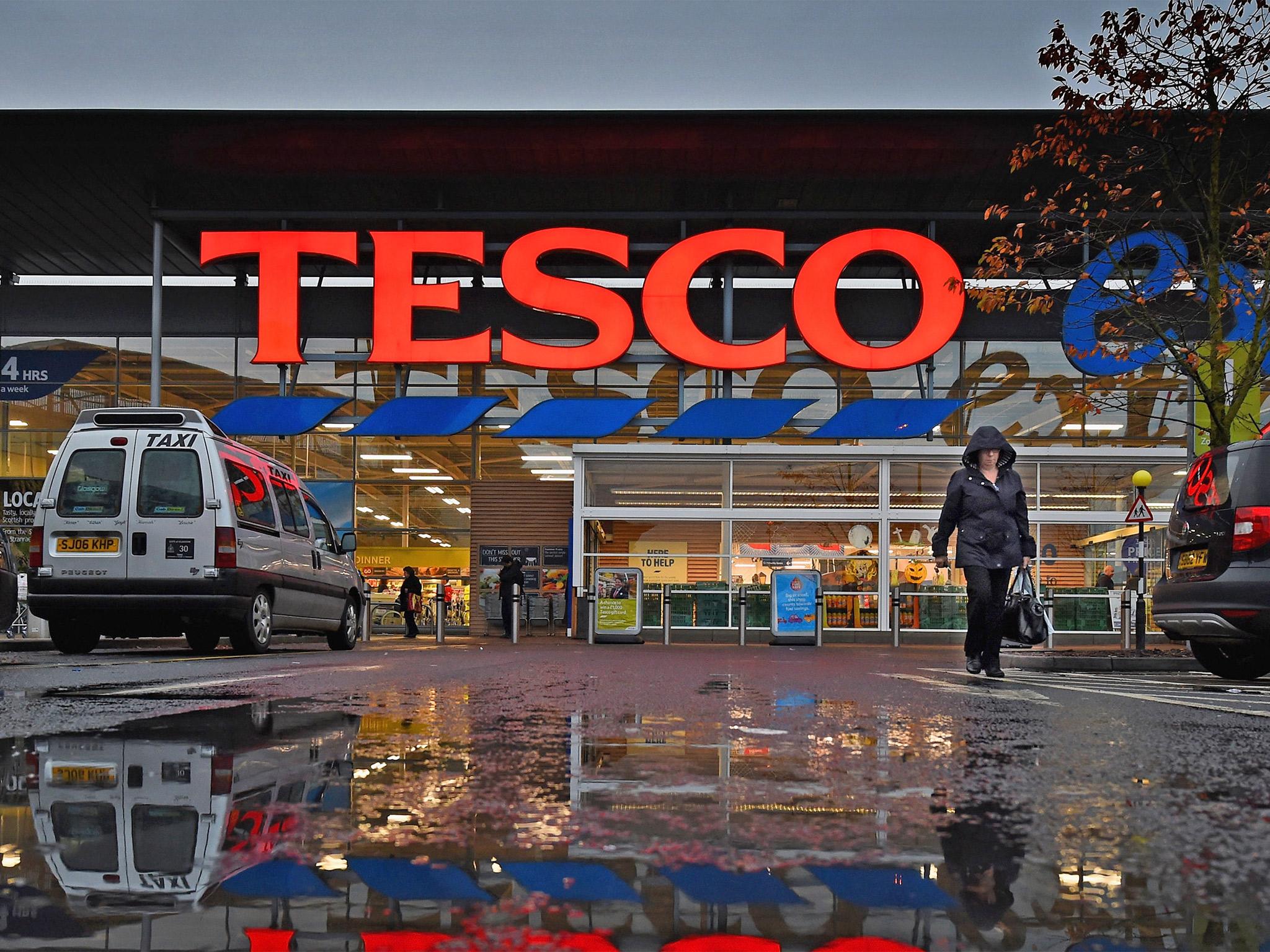What Tesco can tell us about the way we live now
Though our economy is smaller than Japan or German, we buy more online – and our consumers are ever more sophisticated in their choices


Your support helps us to tell the story
From reproductive rights to climate change to Big Tech, The Independent is on the ground when the story is developing. Whether it's investigating the financials of Elon Musk's pro-Trump PAC or producing our latest documentary, 'The A Word', which shines a light on the American women fighting for reproductive rights, we know how important it is to parse out the facts from the messaging.
At such a critical moment in US history, we need reporters on the ground. Your donation allows us to keep sending journalists to speak to both sides of the story.
The Independent is trusted by Americans across the entire political spectrum. And unlike many other quality news outlets, we choose not to lock Americans out of our reporting and analysis with paywalls. We believe quality journalism should be available to everyone, paid for by those who can afford it.
Your support makes all the difference.Tesco is our largest retailer by a huge margin, still the fifth largest retailer in the world and once the second largest. So if it is doing better – and yesterday it was back in profit after horrendous losses – the UK must be doing better, right?
Well, not quite. Both Tesco’s failures and its subsequent recovery are more about the group’s management performance as they are about the performance of the economy. But what Tesco is doing, or not doing, tells us a whole lot about the way we live now. It is a business story, an economic story, and a social story.
The business story is the classic tale of corporate hubris. A company becomes hugely successful under a charismatic leader who thinks the company can conquer the world. He (nearly always a he) retires and the business falters. Then a new broom is brought in who uncovers all sorts of problems that had been swept under the accounting carpet. Massive losses that had been hidden are revealed, and massive strategic errors are acknowledged – with all the blame for that dumped on the ancien régime. Then gradually things are put back together again.
And so it has been with Tesco: trying to set up an upmarket “healthy” food business in the US, called Fresh & Easy, now closed; building a supermarket chain in Korea, now sold; buying a garden centre chain, Dobbies, losing money, and now selling it; and now trying to sell off other non-core businesses.
Smaller supermarkets in the UK are being closed. The biggest loss of all was last year: £6.3bn. Set that against the profit this year, just £162m, and you see the challenge ahead. If you go and shop in a mainstream Tesco, you will probably catch a feeling for the turnaround: a bit cleaner, staff a bit less glum, prices a bit keener. But there is a long, long way to go.
The economic story is one of our age too. Businesses that have been used to prices rising have had to cope with prices being either pretty stable, or actually falling. It is a quite different dynamic, because rising prices keep power on the side of the seller, while falling ones transfer power to the buyer.
It is also, thanks to the explosion of information, a world where price comparisons have become vastly easier to make. In this environment very low overhead retailers, be they discounters or online groups, have an even greater advantage over conventional ones.
What worked for Tesco for many years quite suddenly creased to work. It had the advantage of a home market that was growing, but the disadvantage of home consumers that very exceptionally sophisticated. Did you know that the UK has the highest proportion of online sales of any major country, around 17 per cent of the total, and is the third largest online retail market in the world, after the US and China? Though our economy is smaller than Japan or German, we buy more stuff online.
This leads to the social story. Tesco has been under pressure because it has misread the British consumer in a number of different ways. For example, in its supermarkets it thought they wanted choice. Well yes, consumers do want choice, but when confronted with excessive choice they freeze. So discounters, notably the two German groups Aldi and Lidl, now have 10 per cent of the UK grocer market, but offered high quality at a very keen price – using the fact that they offer only a few selected lines as a way of squeezing costs.
One of the hardest things for any retailer to do is to find itself on the wrong side of social change and claw its way back. That happened to Tesco 30 years ago, when the “pile it high and sell it cheap” genius of founder Jack Cohen no longer fitted with the aspirant mood of British shoppers.
What worked in the 1960s no longer worked in the 1990s. So Tesco cleverly and gradually shifted upmarket. Now it has to make another transition, to meet the desires of an exceptionally sophisticated retail market.
Join our commenting forum
Join thought-provoking conversations, follow other Independent readers and see their replies
Comments